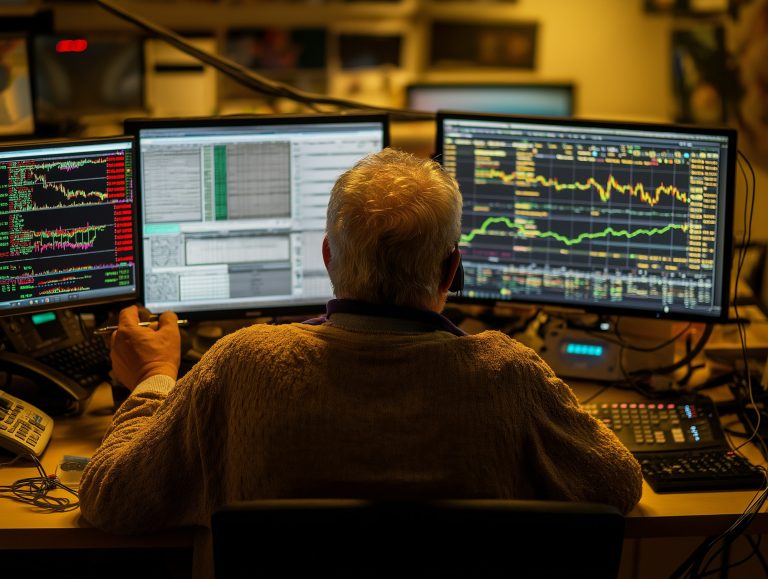Introduction
The Forex market, the world’s largest financial market, is driven by a complex interplay of global economic events. From central bank policies to geopolitical tensions, these events influence currency values and shape Forex news headlines. In this article, we will delve into the key economic factors that impact Forex markets and how traders can stay informed to make better decisions.
Major Economic Indicators Impacting Forex Markets
1. Central Bank Policies
Central banks play a critical role in influencing currency values through monetary policies. Interest rate decisions, quantitative easing, and inflation targeting are some of the tools used to maintain economic stability. For instance, when the Federal Reserve raises interest rates, the US dollar often strengthens due to increased investor confidence.
- Interest Rates: A higher interest rate attracts foreign investments, boosting the currency’s value.
- Inflation Control: Central banks aim to keep inflation in check, which can directly affect currency stability.
- Quantitative Easing: Policies like QE can lead to currency depreciation in the short term.
2. Economic Growth Reports
GDP growth, employment rates, and industrial production are vital indicators of a country’s economic health. Positive growth often leads to a stronger currency, while declining economic indicators may weaken it. For example, a high unemployment rate may signal economic trouble, causing traders to sell off that country’s currency.
Geopolitical Events and Their Influence
1. Trade Wars and Tariffs
Trade disputes, such as the US-China trade war, have far-reaching implications for currency markets. Tariffs and sanctions create uncertainty, often leading to increased volatility in Forex markets. Safe-haven currencies like the Swiss Franc (CHF) and Japanese Yen (JPY) tend to appreciate during such times.
2. Political Instability
Political events, including elections, coups, and policy changes, can disrupt financial markets. For example, Brexit significantly impacted the British Pound (GBP), causing fluctuations in its value due to uncertainty surrounding trade agreements and economic policies.
- Election outcomes
- Geopolitical conflicts
- Government stability
Market Sentiment and Risk Appetite
1. Risk-On and Risk-Off Environments
Market sentiment is a powerful driver in Forex markets. During risk-on environments, investors prefer high-yield assets, leading to weaker safe-haven currencies. Conversely, in risk-off scenarios, traders flock to safer investments, strengthening currencies like the USD and JPY.
2. Speculative Trading
Speculative activities by hedge funds, institutional investors, and retail traders can amplify market movements. Understanding market sentiment can help traders anticipate currency trends and adjust their strategies accordingly.
How to Stay Updated with Forex News
1. Reliable News Sources
Accessing real-time news from trusted sources like Bloomberg, Reuters, and Forex Factory is crucial for staying informed. These platforms provide timely updates on economic events, market analysis, and expert opinions.
2. Economic Calendars
Economic calendars are indispensable tools for Forex traders. They highlight upcoming events such as central bank meetings, GDP releases, and employment reports. Staying aware of these events can help traders anticipate market movements and minimize risks.
Conclusion
Global economic events are the lifeblood of Forex markets, influencing currency values and shaping trading opportunities. By understanding the impact of central bank policies, geopolitical tensions, and market sentiment, traders can navigate the complexities of Forex trading more effectively. Staying informed through reliable news sources and economic calendars is key to making informed decisions in this dynamic market.
